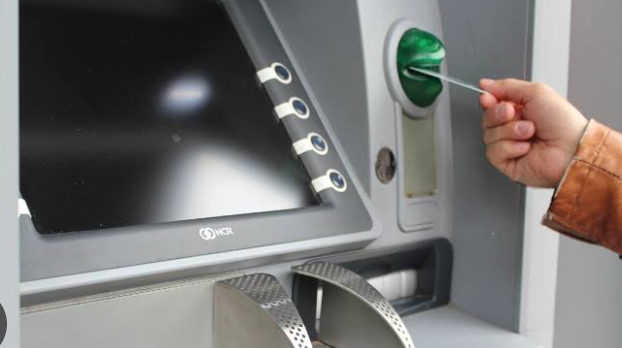By Kayode Sanni-Arewa
The Central Bank of Nigeria (CBN) has announced that it will sanction banks failing to dispense cash through their automated teller machine (ATMs), as part of efforts to ensure sufficient cash in circulation.
This Nigeria news platform understands that CBN Governor, Yemi Cardoso said this during a press briefing at the end of the 297th Monetary Policy Committee (MPC) meeting in Abuja on Tuesday.
The governor emphasized that all deposit money banks must ensure there is always enough cash available for withdrawals.
CBN monitors banks
The CBN governor said that the apex bank has set up a monitoring system to ensure compliance, and any bank not adhering to this directive will face penalties.
Cardoso reiterated that the CBN’s monitoring and spot-checking system would keep track of banks’ compliance, and those failing to meet the requirement would be sanctioned.
He said: “We ourselves, have devised a monitoring system, a spot-checking system, whereby we will go to the banks and just ensure that these things are done in the way and manner in which they are meant to be done.
“And if they are not, again, there will be sanctions but I believe that at the stage we are in now, everybody realises that stakeholders play their part in ensuring that cash gets to the desired places they are intended to be.”
N1.4 trillion to be released in next three months
Cardoso further disclosed that the CBN plans to release an additional N1.4 trillion into circulation over the next three months to improve cash flow within the banking system.
This move, he said, is aimed at ensuring sufficient cash availability in ATMs and across bank branches, addressing the challenges of cash insufficiency that many customers have faced.
He said: “Another N1.4 trillion is likely to be delivered in another three months to aid that whole process of cash within the system and cash velocity.
“So, from our perspective, we are doing everything possible to ensure that there is sufficient cash in the system. There is no excuse for not having sufficient cash in the system.
“Now it goes to the deployment of that cash and quite frankly, we are working very, very closely, we are engaging with all the deposit money banks to ensure that they are putting these things through their ATMs, effectively dispensing cash to those that are in need.
“And whether they are in need or not, that’s the function of the deposit money banks. And at all points in time, there should be sufficient cash in their system that nobody should go there without being able to withdraw.”

